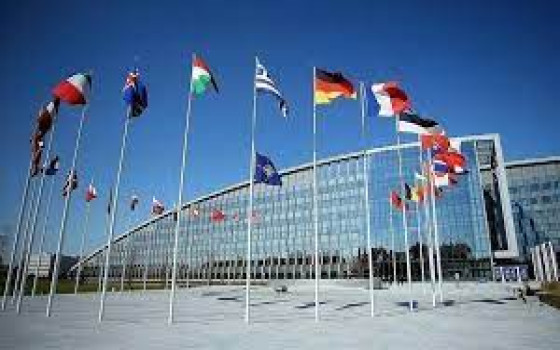
NATO Allies agree on key new priorities for the Science for Peace and Security programme

- Europe and Arabs
- Monday , 15 April 2024 10:24 AM GMT
Brussels: Europe and the Arabs - Agencies
The Allied member states of the North Atlantic Treaty Organization (NATO) have agreed on an updated list of priorities for the NATO Science for Peace and Security programme, which is a program aimed at strengthening dialogue and practical cooperation between NATO Allies and partner countries on the basis of scientific research, technological innovation and knowledge exchange. According to what was reported by the Youm7 news website In Cairo, he added that, according to a statement published by NATO, the Allies recently agreed on a revised list that strengthens NATO’s strategic perspective and partnership priorities, taking into account the impact of scientific and technological progress, which is increasingly spreading in societies under peace and conflict.
The statement added that the previous set of key priorities for the program represent the Alliance’s objectives set out in the 2010 Strategic Concept and in the Partnership Policy approved by NATO Foreign Ministers in Berlin in 2011.
Although these priorities have guided the activities of NATO's Science for Peace and Security program to date, much has changed since 2012 for NATO, its partners and the world as a whole.
In 2021, the Allies agreed on NATO 2030: a forward-looking agenda aimed at strengthening the Alliance to meet the challenges of today and tomorrow, and a new strategic concept was adopted in 2022, which recognized major changes in the security environment.
In addition to themes important to NATO's core missions such as counter-terrorism and cyber defense, new areas have come to the fore, including innovation, emerging and disruptive technologies, climate change and security, resilience, critical undersea infrastructure, and hybrid threats.


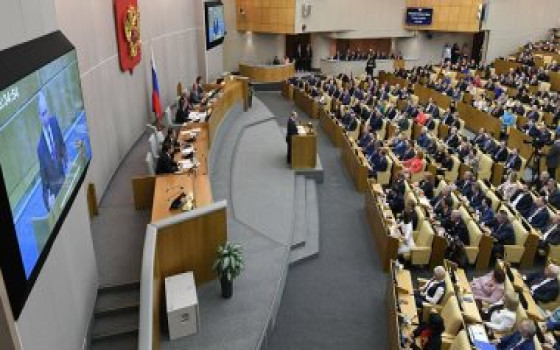
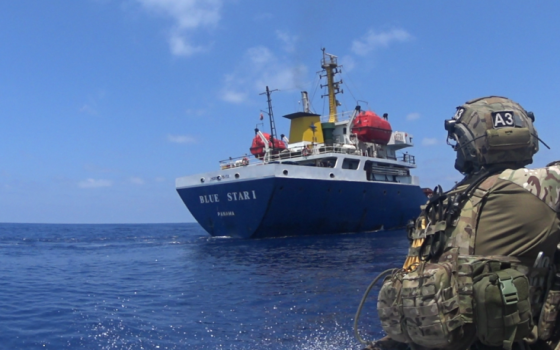
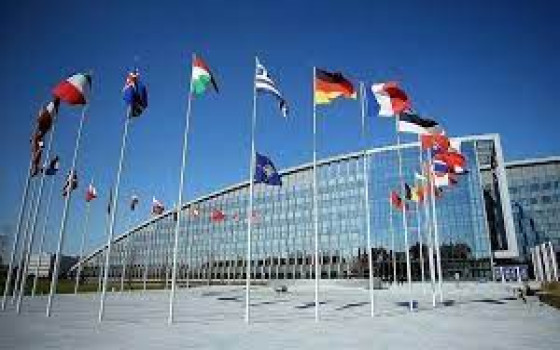


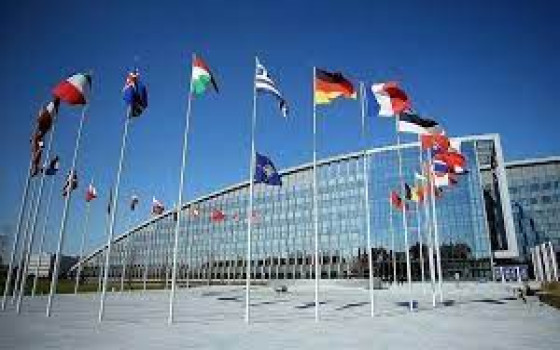




No Comments Found